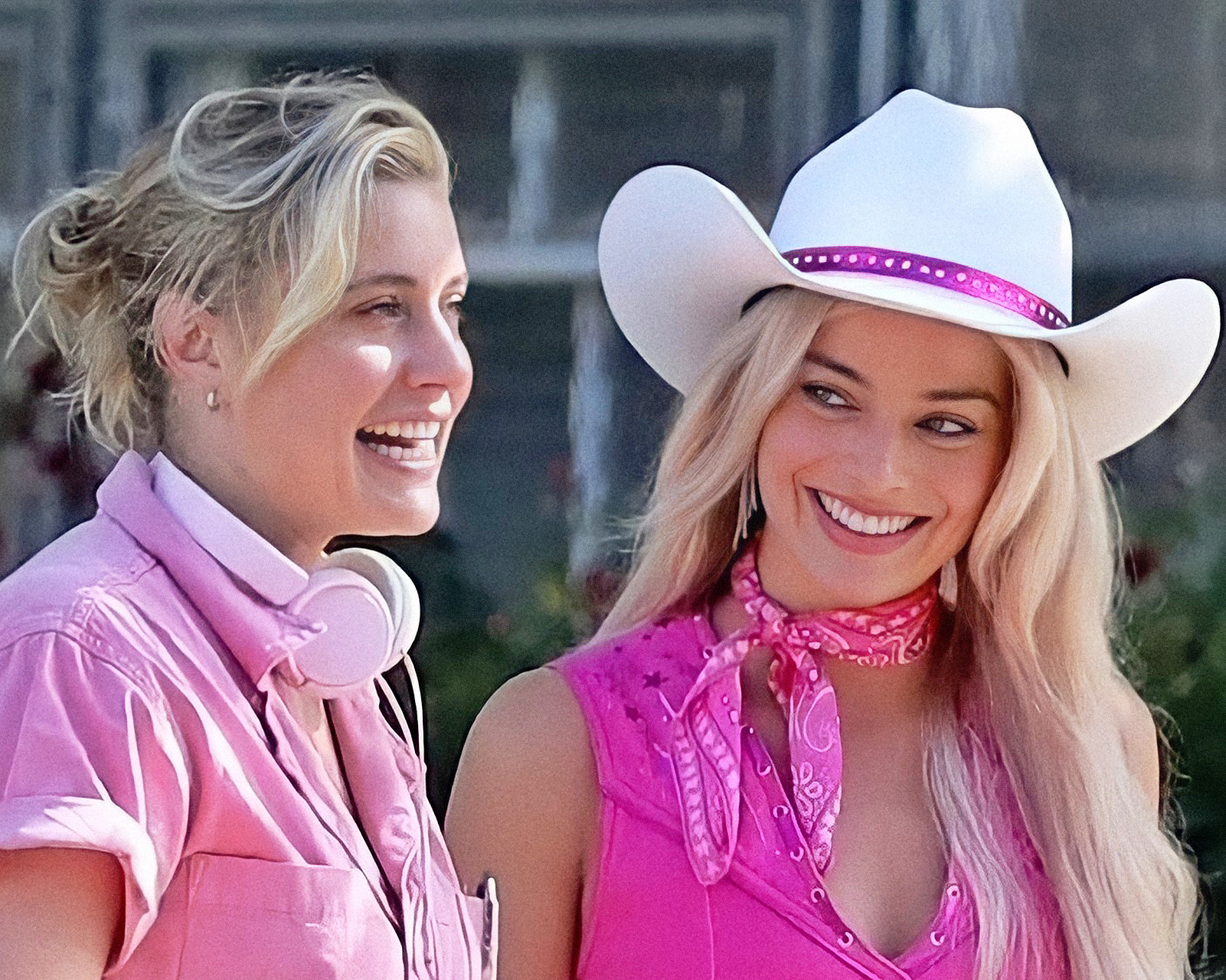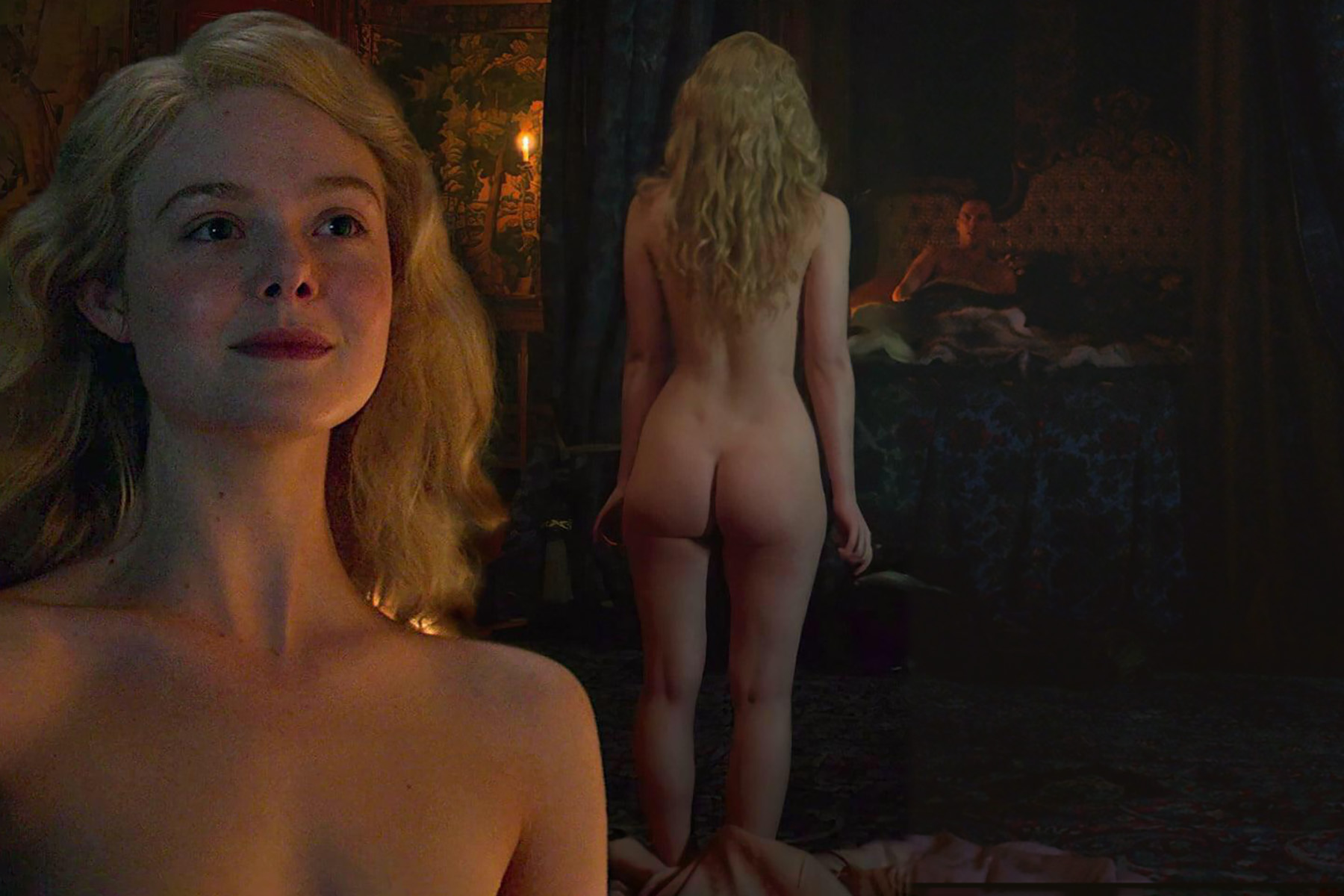In the glitzy world of Hollywood, where bold decisions often shape an actor’s trajectory, Emilia Clarke, celebrated for her iconic role as Daenerys Targaryen in Game of Thrones, found herself at a crossroads when offered the role of Anastasia Steele in the 2015 film adaptation of Fifty Shades of Grey. The actress, who had previously bared all for her role in Game of Thrones, made a resolute choice to steer clear of explicit scenes this time around.
In a revealing interview with The Hollywood Reporter back in 2019, Clarke shared her perspective on the decision, acknowledging her understanding and appreciation for director Sam Taylor-Johnson’s artistic vision for Fifty Shades of Grey. However, Clarke’s primary concern was avoiding the trap of typecasting that often befalls actors known for explicit nude scenes. The role of Anastasia Steele eventually went to Dakota Johnson, but Clarke’s choice to opt-out remains a testament to her commitment to diverse roles and an eagerness to explore uncharted territories in her acting career.
Emilia Clarke’s decision to turn down the role of Anastasia Steele in the 2015 film adaptation of Fifty Shades of Grey was a bold move that sent shockwaves through Hollywood. Known for her portrayal of Daenerys Targaryen in Game of Thrones, Clarke had already demonstrated her willingness to bare all for her craft. However, her refusal to engage in explicit scenes for Fifty Shades of Grey marked a turning point in her career, one that showcased her determination to avoid being typecast and to prioritize character development over gratuitous nudity. The actress candidly discussed the challenges of being persistently questioned about nude scenes long after they occurred. Clarke expressed frustration, stating,
But the last time that I was naked on camera [on Game of Thrones] was a long time ago, and yet it is the only question that I ever get asked because I am a woman. And it’s annoying as hell and I’m sick and tired of it because I did it for the character—I didn’t do it so some guy could check out my t*ts, for God’s sake.
Emilia Clarke to The Hollywood Reporter
While acknowledging that being recognized for a particular character can enhance an actor’s legacy, Clarke highlighted the drawbacks, especially the risk of being pigeonholed into roles that demand explicit sex scenes. The actress’s decision not to participate in Fifty Shades of Grey, known for its unreserved approach to explicit content, becomes more comprehensible when viewed through this lens.
In an industry where actors are often defined by their willingness to take risks, Clarke’s choice to decline a role that required explicit content was a significant departure from the norm. To gain a deeper understanding of her decision, we need to delve into her experiences on Game of Thrones, which played a pivotal role in shaping her perspective on on-screen nudity.
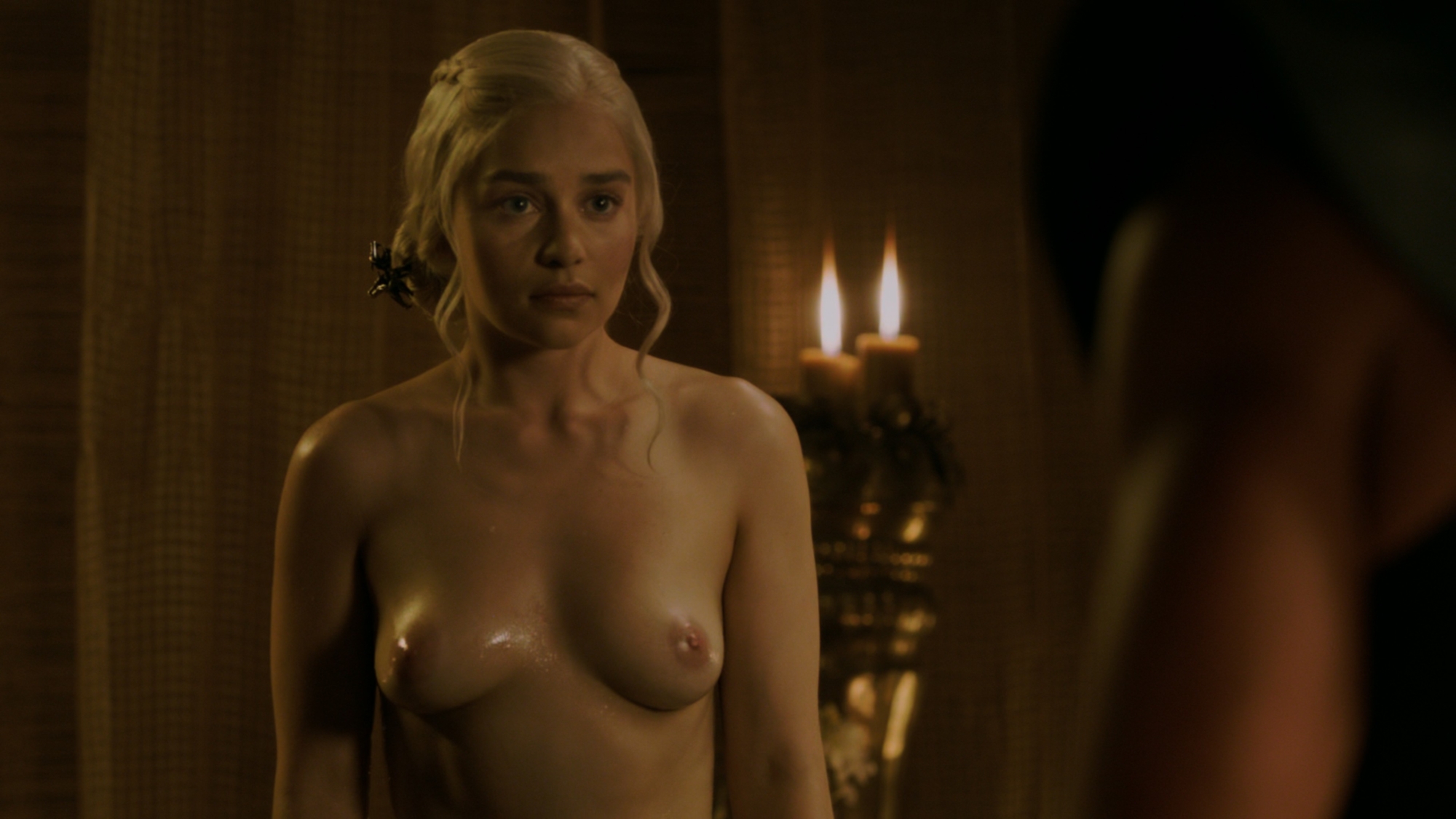
Game of Thrones, a cultural phenomenon in its own right, featured Emilia Clarke in a prominent role as Daenerys Targaryen. Throughout the series, Clarke’s character underwent a remarkable transformation, evolving from a timid and vulnerable young woman into a powerful and determined leader. Her journey was filled with moments of triumph and tragedy, all of which contributed to the show’s immense popularity.
One aspect of Game of Thrones that garnered significant attention, however, was its frequent and explicit nudity. The show’s creators, David Benioff and D.B. Weiss, defended the use of nudity as a way to depict the brutal and unforgiving world of Westeros. While some argued that it was essential to the storytelling, others criticized the series for its gratuitous and often objectifying approach to nudity.
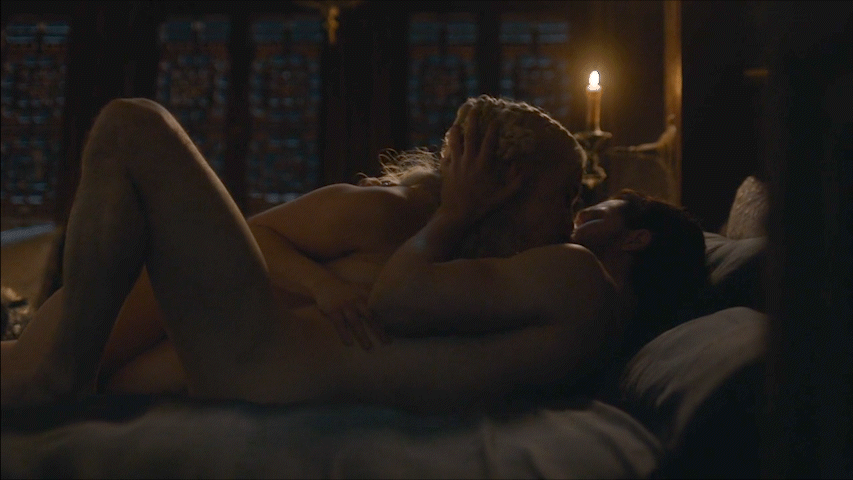
Emilia Clarke, who bared all for her role as Daenerys, was no stranger to these debates. Her character’s journey required her to engage in numerous nude scenes, and Clarke approached them with professionalism and dedication. She understood the importance of these moments for the character’s development and the narrative as a whole.
Clarke’s frustration was palpable. She had embraced the challenging and emotionally charged scenes for the sake of her character, not as an invitation for objectification. Her experience highlighted a double standard in the industry, where male actors rarely faced the same level of scrutiny or objectification for similar roles.
It was against this backdrop that Emilia Clarke made her decision regarding Fifty Shades of Grey. While she appreciated director Sam Taylor-Johnson’s artistic vision for the film, her primary concern was to avoid being pigeonholed into roles that demanded explicit scenes. By declining the role of Anastasia Steele, Clarke demonstrated her commitment to breaking free from the limitations imposed on actors known for on-screen nudity.
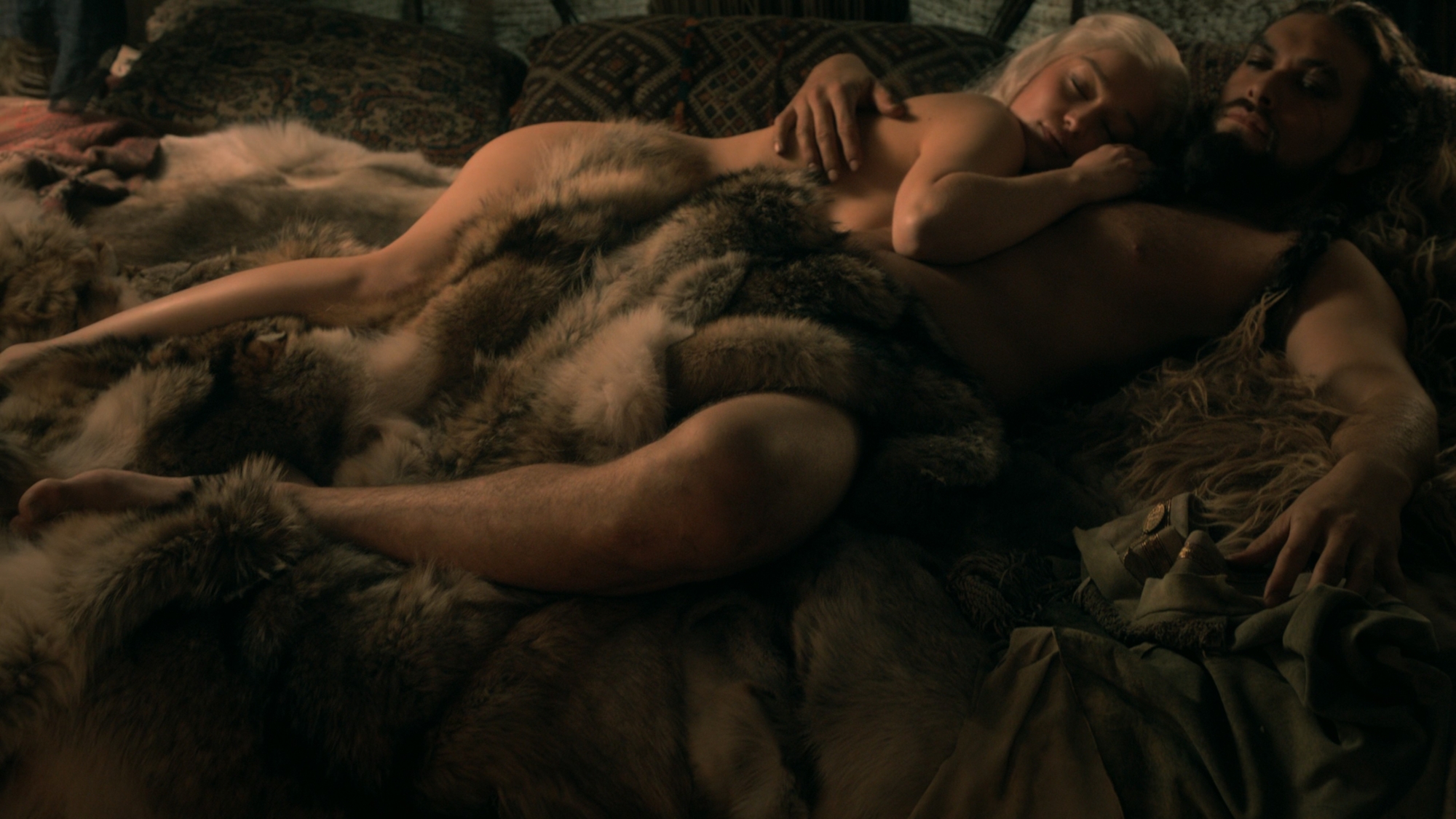
Clarke’s bold stance was not just about rejecting a single role; it was a statement about the importance of choice and autonomy for actors. She wanted to explore diverse roles that allowed her to showcase her acting skills and range without the constant association with explicit content. Her decision challenged the industry’s expectations and reinforced the idea that an actor’s worth should be measured by their talent and versatility, not their willingness to strip down.
As Emilia Clarke embarks on new projects in her post-Game of Thrones career, fans can anticipate that she will continue to prioritize character development and storytelling over engaging in sex scenes. Her journey serves as an inspiration for other actors facing similar pressures and expectations in an industry that often commodifies nudity.
Emilia Clarke’s decision to say no to nudity after the Game of Thrones controversy was a significant moment in her career. It reflected her commitment to evolving as an actress, avoiding typecasting, and prioritizing character development over explicit content. Her experiences on Game of Thrones and the subsequent media scrutiny made her acutely aware of the challenges faced by women in the industry. Ultimately, Clarke’s choice emphasizes the importance of choice and autonomy for actors, underlining that nudity is a valid artistic choice but should never be imposed or objectified.







